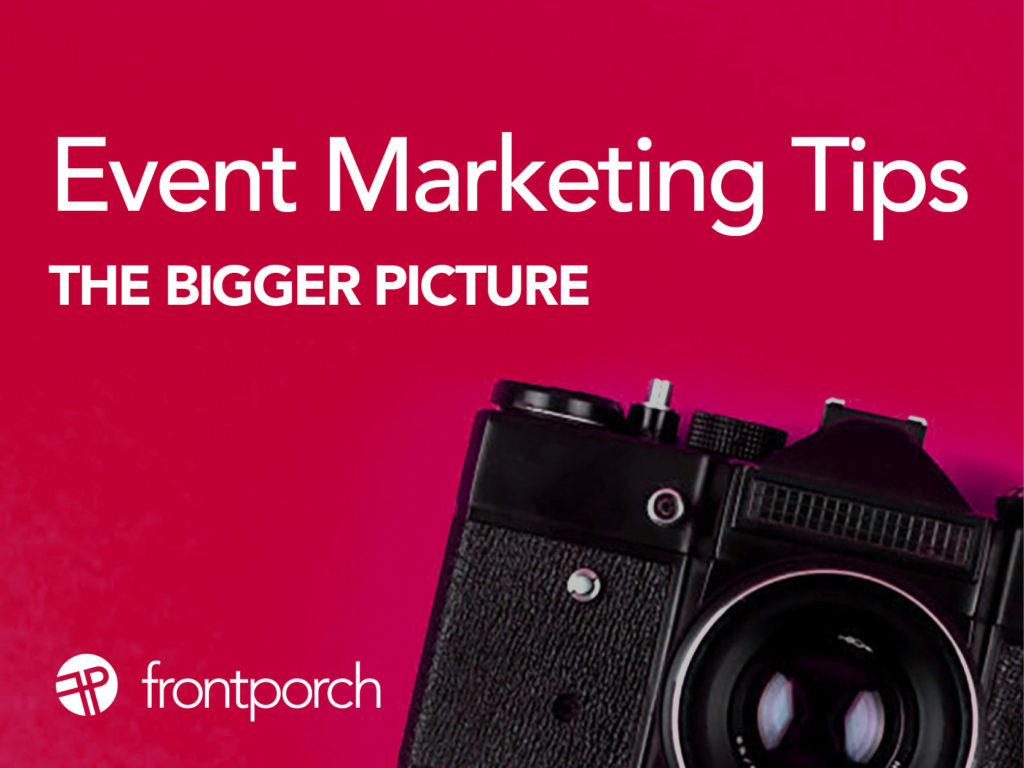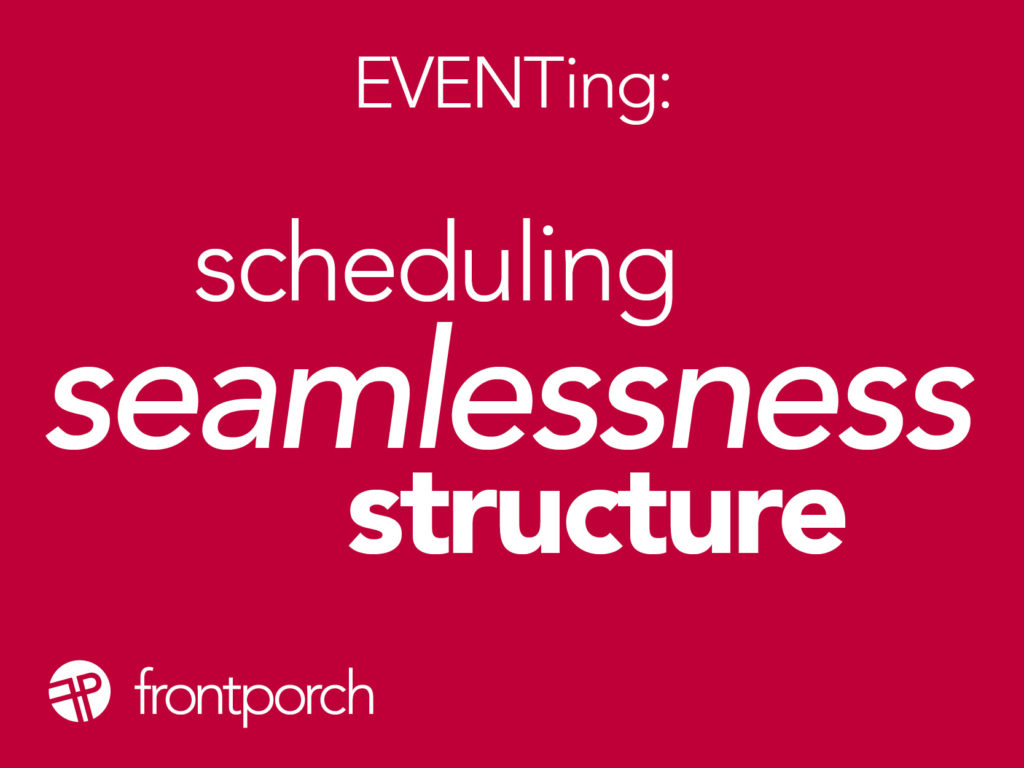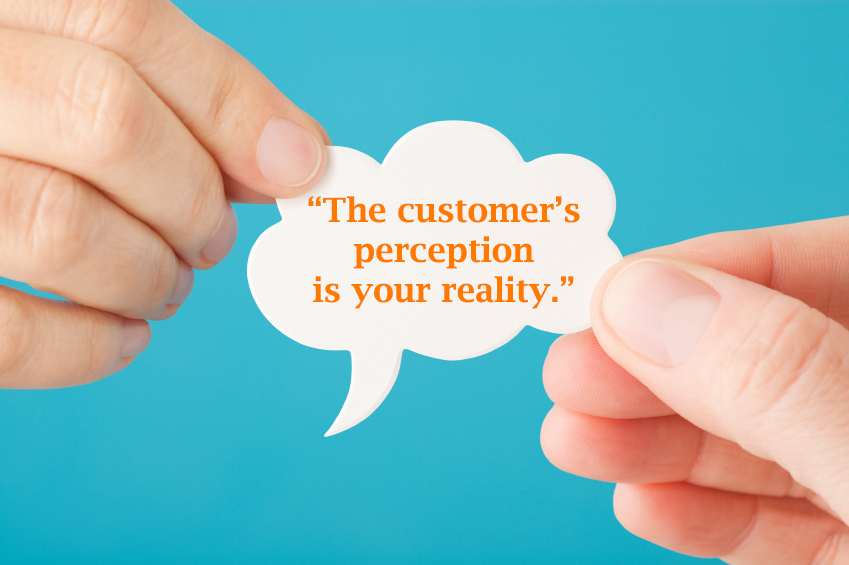
Small business owners pour their hearts into their businesses, so it’s no surprise that branding and messaging often feel deeply personal. But here’s the truth: effective marketing isn’t about what you like — it’s about what resonates with your audience. A message that caters to your audience’s needs, desires, and emotions is what drives connection, loyalty, and sales.
Yet, business owners sometimes unintentionally center their messaging on themselves or their products, missing opportunities to truly engage with their target audience. Shifting focus to your audience helps avoid two common pitfalls: talking too much about yourself and focusing solely on the product.
Why Audience-Centric Messaging Matters
Think about your favorite brands. Do you love them because they talk about how great they are? Or do you love them because they speak directly to your needs, solve your problems, or make you feel something?
Great messaging connects with people by addressing their emotions, solving their pain points, or helping them imagine a better future. It says, “We see you, and we’re here for you.” For small businesses, this means stepping back and crafting a message that puts your customers in the spotlight — not you or your product.
When you shift your perspective this way, your messaging becomes more relatable and impactful, fostering stronger relationships with your audience.
Pitfall 1: Talking Too Much About Yourself
It’s natural to feel proud of your accomplishments as a business owner. Maybe you’ve built something from the ground up, developed expertise in your field, or created a product you truly love. But when your messaging focuses too heavily on you, it can alienate your audience.
Statements like:
- “We’re the best in the business.”
- “Our founder has 20 years of experience.”
- “I wanted to create something that reflected my vision.”
…don’t tell your audience what’s in it for them. Instead, shift the focus with language like:
- “You deserve the best service, and we deliver it.”
- “You’ll benefit from two decades of expertise, ensuring a seamless experience.”
- “This product was designed with your needs in mind, to make your life easier.”
This doesn’t mean you should erase yourself from your brand entirely. Your story can add authenticity and personality, but it should always serve the audience. For example, share your “why” in a way that connects with their values:
- “As a busy parent, I know how hard it can be to find safe, eco-friendly toys. That’s why I created this line — to give families like yours peace of mind.”
Pitfall 2: Focusing Messaging Solely on the Product
The second common misstep is centering your message entirely on the features of your product or service. While features are important, they’re not the primary reason people buy something. They buy based on how the product makes them feel or because of the problem it solves.
Let’s say you own a coffee shop. Instead of simply advertising:
- “We serve organic, fair-trade coffee roasted in-house.”
Focus on what that means for the customer:
- “Start your morning with a cup of coffee you can feel good about—delicious, sustainable, and crafted just for you.”
Or, if you’re promoting a skincare line, shift from:
- “Our moisturizer contains hyaluronic acid and SPF 30.”
To:
- “Feel confident in your skin all day long with hydration that lasts and sun protection you can trust.”
The key is to connect features with benefits. Features tell what the product does; benefits explain why that matters to your audience.
How to Shift Your Messaging Focus
- Start with Empathy: What are your audience’s pain points, goals, and values? Make these the foundation of your messaging.
- Use “You” Language: Speak directly to your audience. Replace “We” and “I” with “You” wherever possible.
- Test Your Messaging: When reviewing your messaging, ask yourself, Would my target customer care about this? If the answer is no, refocus on what matters to them.
Build a Connection, Not a Lecture
Your brand’s messaging isn’t for you — it’s for your audience. By shifting your focus from self-promotion and product features to addressing your audience’s needs and emotions, you can create marketing that truly resonates. Remember: it’s not about telling your story; it’s about how your story fits into theirs. When you prioritize their perspective, you’re not just selling — you’re building a relationship that lasts.





 Last week, the world lost another rock legend far too soon. Prince has always been hailed as music royalty, and with his death, we are learning just how much of a king he was.
Last week, the world lost another rock legend far too soon. Prince has always been hailed as music royalty, and with his death, we are learning just how much of a king he was. ssly spread your message.
ssly spread your message.
 It wasn’t until I started working here on the Porch that I realized just how big a role marketing played in these hallowed awards. Film is big business, and winning an Oscar translates into big dollars for the winner. It’s no wonder, then, that Oscar campaigns are born from basic marketing tenets:
It wasn’t until I started working here on the Porch that I realized just how big a role marketing played in these hallowed awards. Film is big business, and winning an Oscar translates into big dollars for the winner. It’s no wonder, then, that Oscar campaigns are born from basic marketing tenets:




